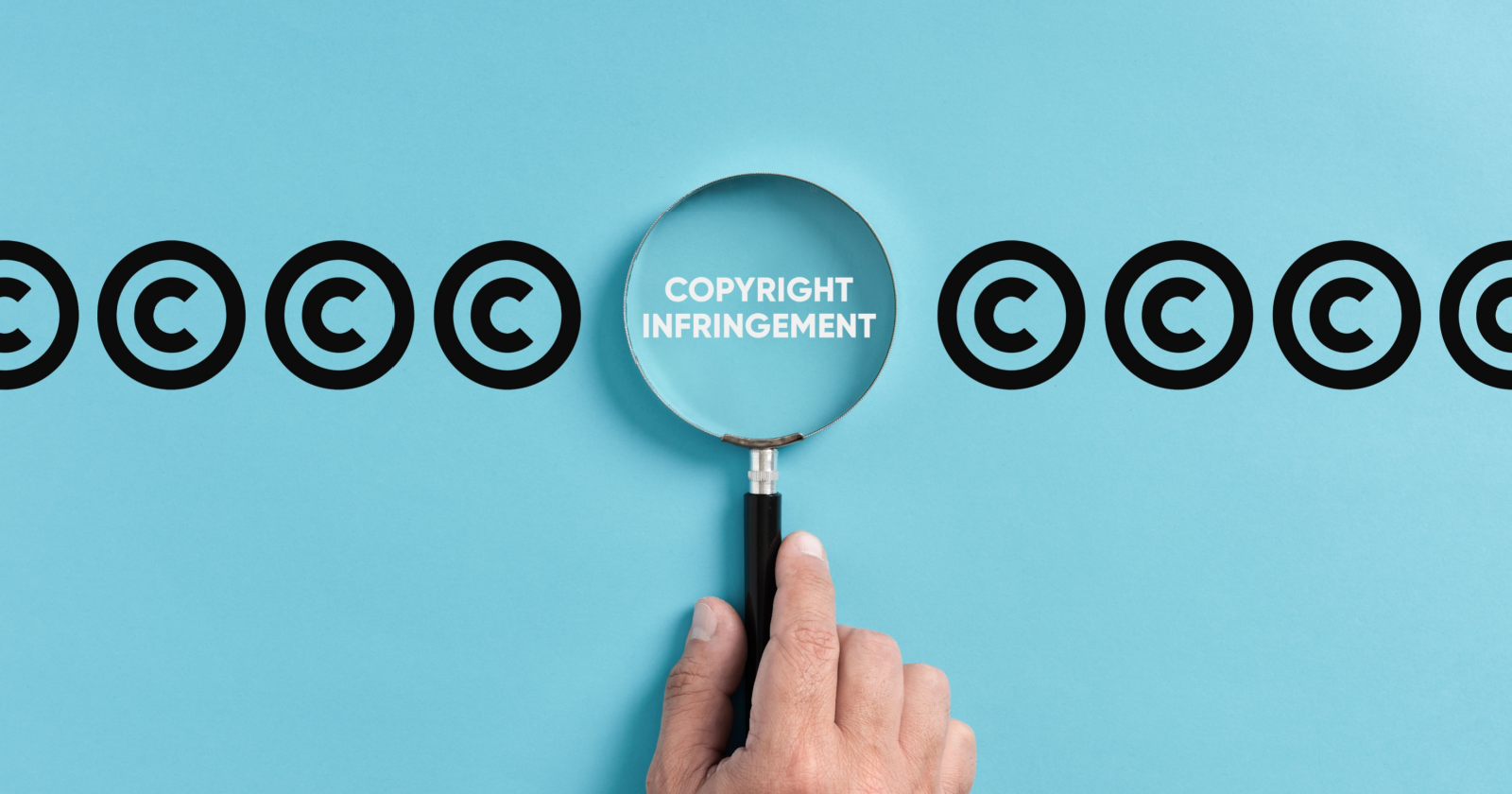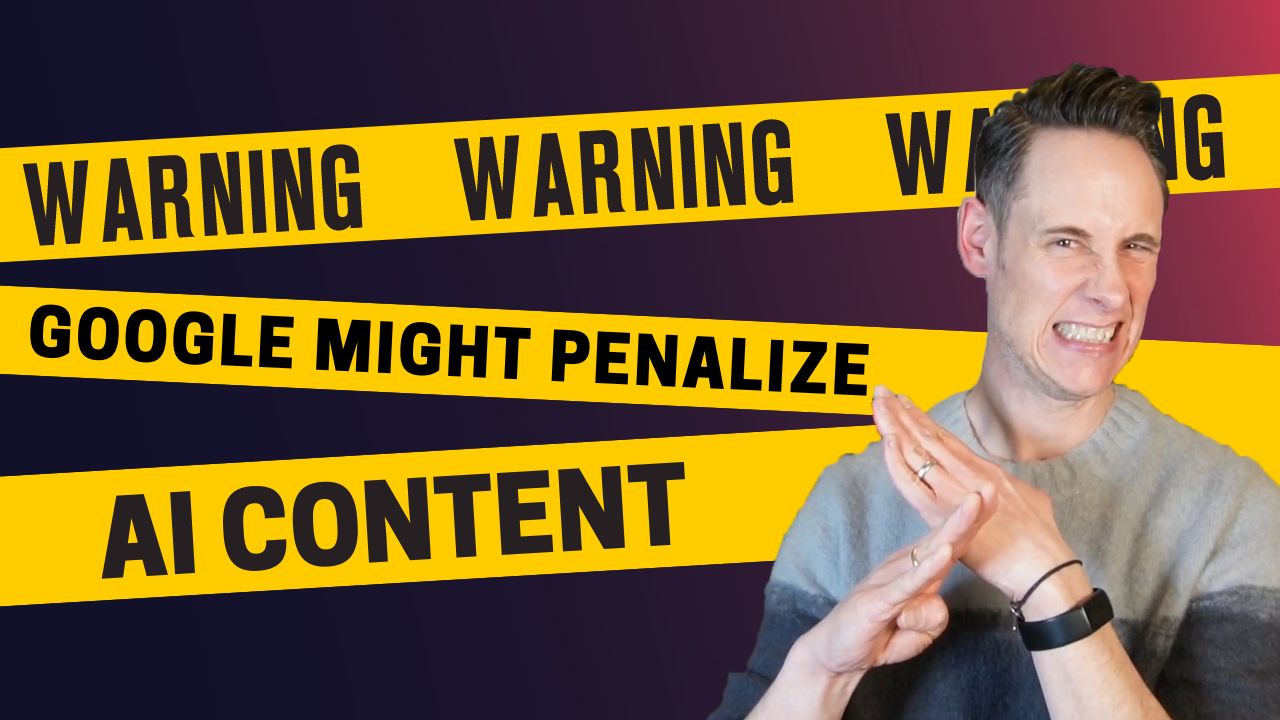In a lawsuit filed Feb. 3 and released Monday, Getty Images alleged that artificial intelligence company Stability AI, Inc. infringed the visual media company’s intellectual property.
The lawsuit, filed in a U.S. district court in Delaware after a separate Getty lawsuit against Stability in the UK, accused the London-based generative AI company of copying more than 12 million photos and associated captions and metadata without permission.
Protected images allegedly used to train the text-to-image tool
According to the filed document, Stability used Getty’s intellectual property in violation of trademark law to train its stable diffusion model.
Stable Diffusion is a latent text-to-image model used to generate photorealistic images based on text input. It is viewed by Getty as a direct competitor for creative imagery.
In addition, the lawsuit alleges that Getty’s trademarked intellectual property was used as training data for the AI platform and “their massive infringement of Getty Images content was instrumental in its success to date.”
Getty has claimed that the output of Stable Diffusion often contained a modified version of a Getty Images watermark. Getty’s complaint states that this use, particularly for low-quality images, creates confusion about the image’s source and falsely implies association.
IP implications of AI-generated art still unclear
This isn’t the first AI-based copyright infringement filing. Last month, a trio of San Francisco artists Sarah Andersen, Kelly McKernan, and Karla Ortiz filed a lawsuit against Stability AI and DeviantArt, alleging their platforms violated the rights of artists with images scraped from the internet became.
“This latest lawsuit continues the debate and argument that OpenAI does not have the right to use or learn from publicly posted content, at least not without some sort of credit and compensation,” said Brent Csutoras, digital marketing expert and co-founder and Managing Partner at Alpha Brand Media, the parent company of Search Engine Journal.
The artist lawsuit, which has yet to go to court, was the first to target copyright infringement by generative AI — a murky area of law with no established precedent.
“Artists have been inspired by others for as long as we can remember, but I think it’s fair to say there’s a difference between what a human takes as inspiration for their own art and what an AI does can do by being inspired by millions of publicly available art,” said Csutoras. “It’s fair to argue that if they had to ask permission or couldn’t have used that art, they wouldn’t have the quality tools they make today.”
Featured image: Cagkan Sayin/Shutterstock



